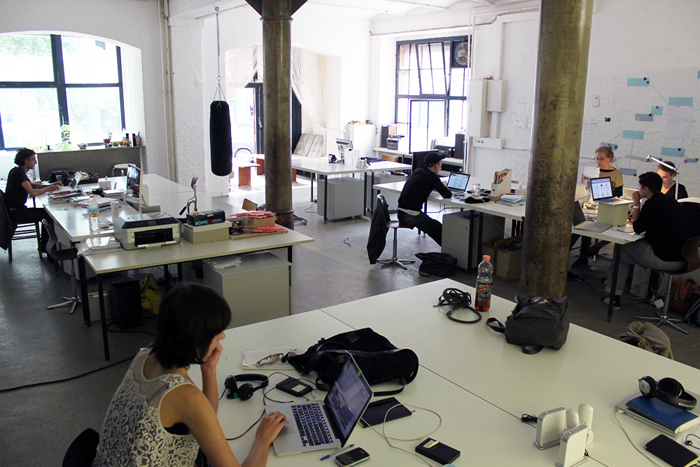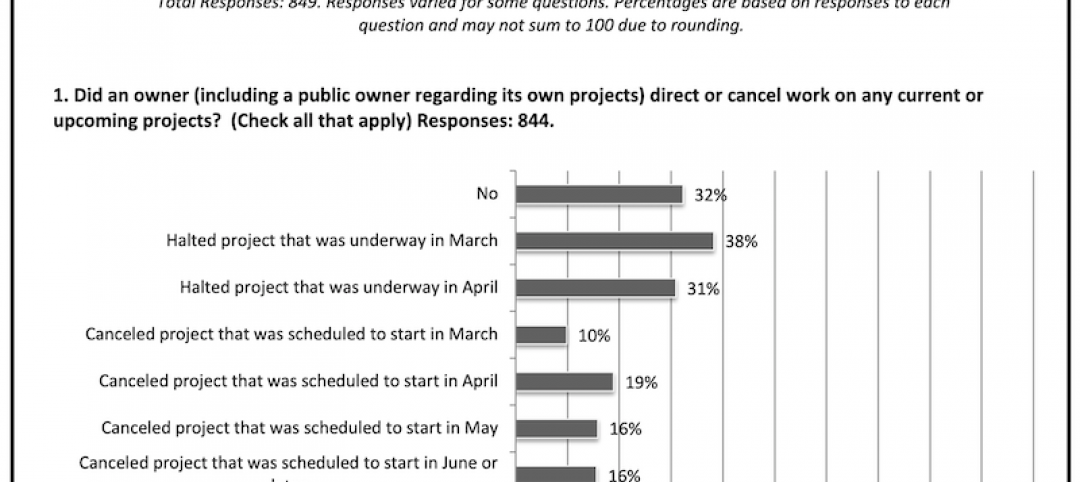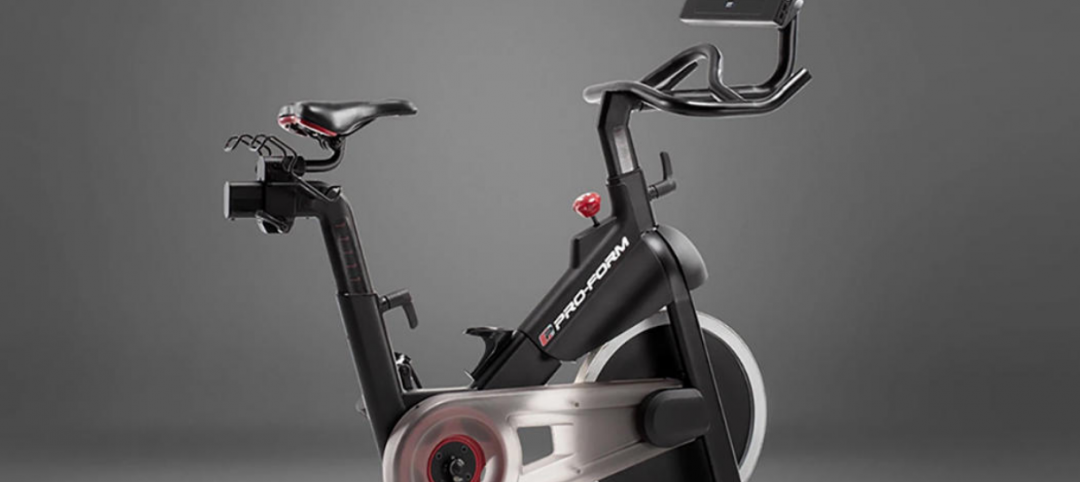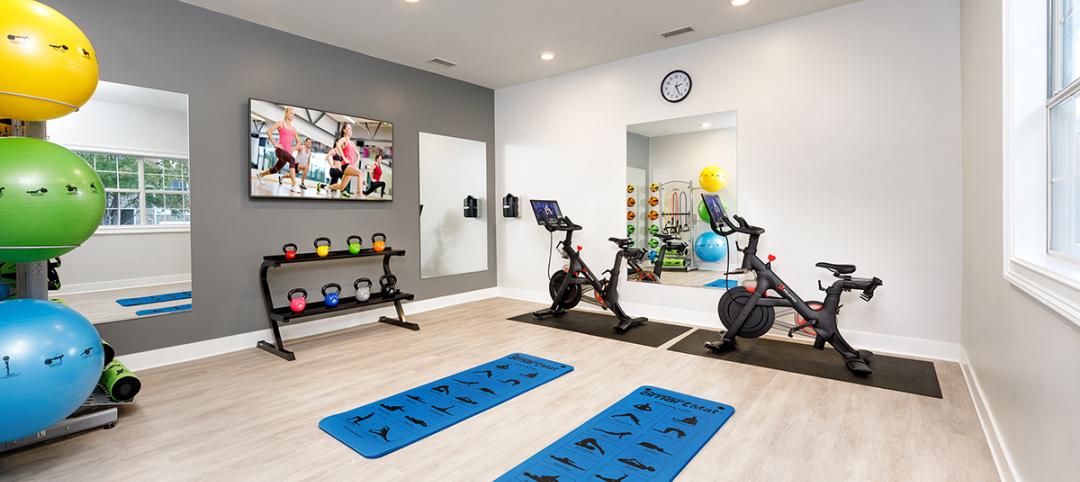Ever since the green building movement kicked in nearly 20 years ago, a lot of claims have been made about the impact of high levels of carbon dioxide and volatile organic compounds, as well as the impact of low levels of fresh air circulation. For the most part, these claims were based on anecdotal information and hope, not hard science. Now, we may have at least one rigorous, peer-reviewed study that does show that improved indoor environmental quality can positively benefit human cognitive capability.
In the study, researchers from Harvard's T.H. Chan School of Public Health, SUNY-Upstate Medical Center (Syracuse), and Syracuse University subjected 24 participants to spend six full work days (9 a.m. – 5 p.m.) in an environmentally controlled office space, blinded to test conditions. On some days, the participants were exposed to IEQ conditions representative of "conventional" (high VOC concentration) and "green" (low VOC concentration) office buildings in the U.S. Other simulations tested the participants' cognitive skills in a green building with a high outdoor air ventilation rate ("Green+") and artificially elevated carbon dioxide levels independent of ventilation.
The research team found that, on average, participants' cognitive scores were 61% higher on the "green building day" and 101% higher on the two "Green+ building days" than on the so-called conventional building day (p<0.0001). VOCs and carbon dioxide were independently associated with cognitive scores.
The authors - Allen JG, MacNaughton P, Satish U, Santanam S, Vallarino J, Spengler JD - concluded that cognitive function scores were significantly better in Green+ building conditions compared to the conventional building conditions for all nine functional domains. The full report, "Associations of Cognitive Function Scores with Carbon Dioxide, Ventilation, and Volatile Organic Compound Exposures in Office Workers: A Controlled Exposure Study of Green and Conventional Office Environments," was published in the journal Environmental Health Perspectives.
This is the kind of research we've been looking for. We know instinctively and through experience that poor indoor air quality, whether through inadequate ventilation or the presence of VOCs or carbon dioxide, is somehow bad for us. We just didn't know how bad, nor what function or functions were most negatively affected.
Now we have a peer-reviewed, and therefore presumably replicable, scientific study that shows just how much these negative factors affect our ability to work and think while indoors, which is where most people spend as much as 90% of their lives. This gives architects, engineers, and contractors on the Building Team valuable data to advocate to their clients for the budget to make sure IEQ is a top priority in new and reconstructed building projects. The study is a refreshing antidote to the many unscientifically based claims put forth by green building advocates in the past.
Let's see more solid work like this in the future.
More from Author
Rob Cassidy | Mar 30, 2020
Your turn: Has COVID-19 spelled the death knell for open-plan offices?
COVID-19 has designers worrying if open-plan offices are safe for workers.
Rob Cassidy | Mar 25, 2020
Coronavirus pandemic's impact on U.S. construction, notably the multifamily sector - 04-30-20 update
Coronavirus pandemic's impact on U.S. construction, notably the multifamily sector - 04-30-20 update
Rob Cassidy | Nov 20, 2019
Word of the Year: "climate emergency," says the Oxford English Dictionary
The Oxford Word of the Year 2019 is climate emergency.
Rob Cassidy | Nov 8, 2019
The Peloton Wars, Part III - More alternatives for apartment building owners
ProForm Studio Bike Pro review.
Rob Cassidy | Nov 1, 2019
Do car-free downtown zones work? Oslo, yes; Chicago, no
Two recent reports (October 2019) explore whether car-free downtowns really work, based on experience in Oslo, Norway, and Chicago.
Rob Cassidy | Oct 9, 2019
Multifamily developers vs. Peloton: Round 2... Fight!
Readers and experts offer alternatives to Peloton bicycles for their apartment and condo projects.
Rob Cassidy | Sep 4, 2019
Peloton to multifamily communities: Drop dead
Peloton will no longer sell its bikes to apartment communities.
















